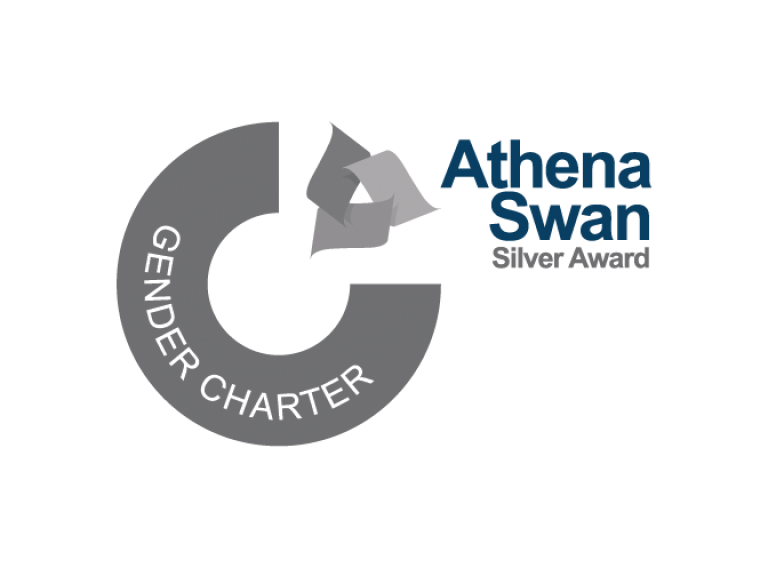UCL Ear Institute receives Silver Athena SWAN award
4 October 2022
The UCL Ear Institute has received a Silver Athena SWAN award in recognition of its commitment and progress towards gender equality.

The Athena SWAN charter remains central to the Faculty’s commitment to creating a culture that has belonging and inclusion at its heart. The awards recognise good practice in higher education and research institutions towards the advancement of gender equality, representation, progression and success for all.
In the latest round of awards, the UCL Ear Institute achieved a Silver Athena SWAN Award, recognising the action staff have taken to successfully reduce gender inequalities.
Dr Lucy Handscomb, who led the application, said:
“Leading the Ear Institute’s Athena SWAN application was a lot of work, but brought me into contact with many fantastic and inspiring people. Having been at the Ear Institute for 12 years, leading this project made me appreciate all the more what a great place it is for gender equality. I’m delighted this has now been recognised with a silver award.”
Professor Jonathan Gale, Director of the UCL Ear Institute, said:
“This is such excellent news that acknowledges the efforts of staff and students within the Ear Institute who contribute to the culture of equality and inclusiveness that exists here. Particular thanks go to Dr Lucy Handscomb who led the application, ably supported by the Self-Assessment Team and expertly mentored by Prof Jen Linden.”
Professor Alan Thompson, Dean of the Faculty of Brain Sciences, said:
“Many congratulations to Lucy and team. This is a fantastic achievement and I’m delighted to see the Ear Institute's commitment to addressing gender inequalities recognised. The award reflects the exceptional efforts of our staff to create a culture of belonging and inclusion.”
The Athena SWAN Charter was established in 2005 to encourage and recognise a commitment to advancing the careers of women in science, technology, engineering, maths and medicine (STEMM) employment in higher education and research.
In 2015 the charter was expanded to include non-STEMM subjects and recognise work undertaken in arts, humanities, social sciences, business and law (AHSSBL), and professional and support roles. The charter now recognises work undertaken to address gender equality more broadly, and not just barriers to progression that affect women.
 Close
Close

